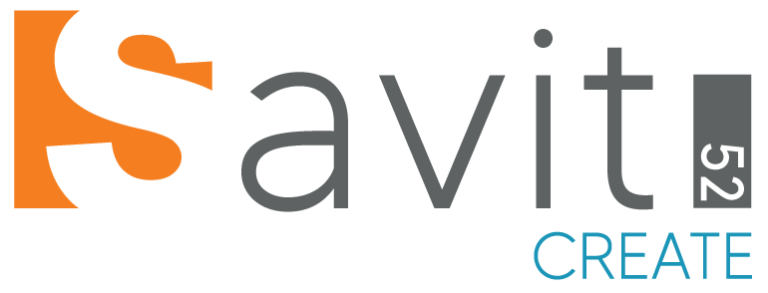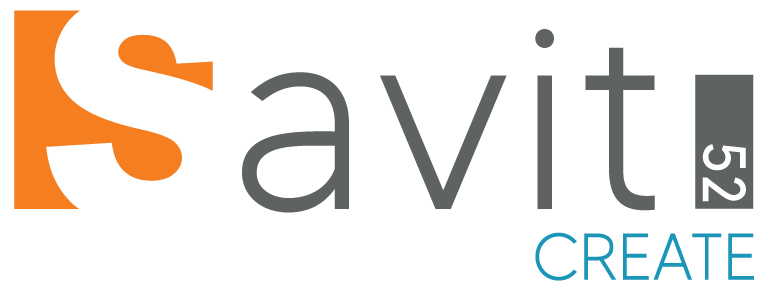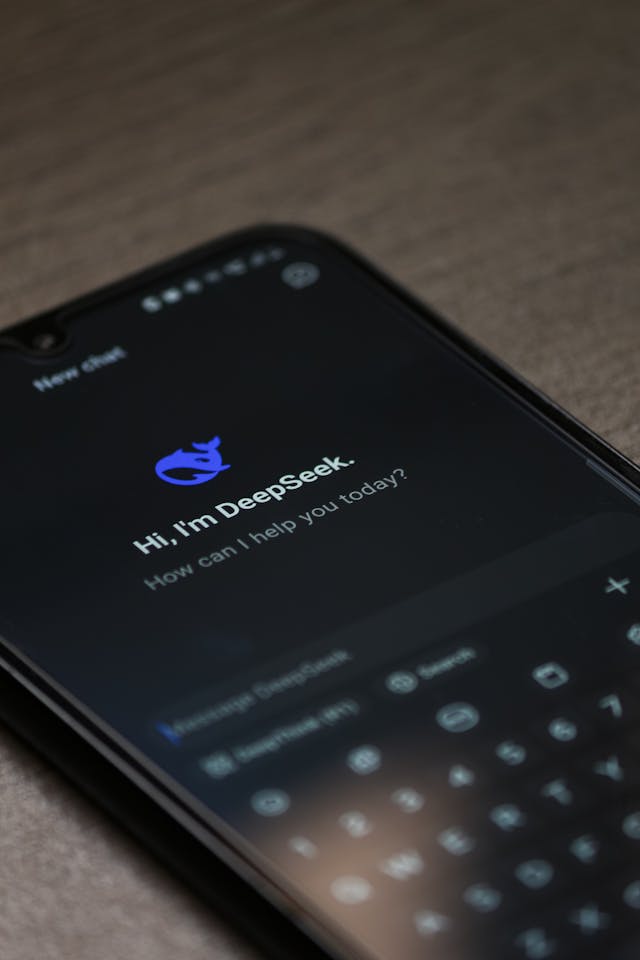Artificial Intelligence (AI) is no longer a buzzword—it’s a revolution in motion. From smart assistants in your pocket to sophisticated automation tools in the workplace, AI-powered apps are rapidly reshaping how we work, create, learn, and interact. But what exactly is being built right now, and what does this wave of innovation mean for individuals, businesses, and society at large?
The Current AI App Boom
Every sector is experiencing an explosion of AI-driven tools. Here’s a look at some of the major categories:
1. Generative AI (Content Creation & Design)
These tools create content—text, images, code, video, and music—based on prompts or context. Popular apps include:
- ChatGPT (text generation and productivity)
- Midjourney, DALL·E, and Adobe Firefly (image generation)
- Sora by OpenAI (AI video generation)
- Runway (AI video editing)
- Descript (AI audio/video editing)
- Uizard and Framer (AI for website/app design)
These tools are redefining creative industries, allowing individuals and small teams to generate professional-grade content without deep technical skills.
2. AI for Productivity & Knowledge Work
AI is boosting productivity and streamlining workflows:
- Notion AI and GrammarlyGO assist with writing and communication.
- Jasper helps marketers with content creation and brand voice.
- Rewind.ai records everything you do on your device and allows you to “search your life.”
- Perplexity AI and Scispace help users explore reliable, sourced information fast.
- AI copilots in platforms like Microsoft 365 and Google Workspace are embedded directly into Word, Excel, Gmail, and more.
3. AI Development Tools (for Coders & Creators)
AI is making software development faster and more accessible:
- GitHub Copilot suggests and writes code.
- Codeium and Tabnine offer AI coding suggestions.
- AutoGPT and AgentGPT attempt autonomous task execution.
- Figma AI and Builder.io generate design elements and code from sketches or wireframes.
4. AI for Business & Automation
For startups and enterprises alike, AI is driving business decisions:
- Zapier AI builds automated workflows with plain English.
- Chatbots powered by GPT and Claude are being deployed on websites and in customer support.
- AI Sales Assistants like Apollo AI or Lavender help sales teams personalize outreach.
- AI HR tools like Paradox or Eightfold help with recruitment and onboarding.
5. AI in Everyday Life
Many of the AI apps being built are consumer-focused:
- Personal finance bots like Cleo or Charlie give budgeting advice.
- AI health companions like K Health offer basic diagnostics.
- AI travel planners like Layla or Roam Around build custom itineraries instantly.
- Language learning tools like Duolingo Max or Speak use AI for conversations and feedback.
What Does This All Mean?
1. The Democratization of Power
AI is lowering the barrier to entry across industries. A freelancer can now produce what once required an agency. A student can generate insights faster than ever. AI tools are amplifying individual capability—but this also means the competition is rising.
2. The Redefinition of Work
Many roles are evolving. Repetitive tasks are being automated, but new opportunities are opening for AI-literate professionals. Those who know how to prompt, curate, and evaluate AI output will thrive. It’s not about AI replacing humans—it’s about humans working with AI.
3. The Ethics and Risks
With the rise of deepfakes, misinformation, surveillance tech, and biased algorithms, society is being forced to confront the dark side of AI. Regulation is lagging behind, and questions around privacy, authorship, and fairness are becoming more urgent.
4. Economic Shifts
AI may widen the gap between those who adopt it and those who don’t. Small businesses that leverage AI tools can scale faster, but entire job categories (especially data entry, support, translation, etc.) may shrink or vanish.
5. Cultural Transformation
AI isn’t just about productivity—it’s changing how we tell stories, express creativity, and even form relationships. Virtual friends, AI-generated movies, and digital clones are pushing the boundaries of human interaction and identity.
So, What Should We Do?
Whether you’re a business owner, creator, student, or developer, here’s how to stay ahead:
- Learn to use AI tools—the same way you learned to use the internet or smartphones.
- Focus on human-AI collaboration—skills like critical thinking, emotional intelligence, and ethical judgment are more important than ever.
- Stay informed—regulations, innovations, and ethical debates are evolving quickly.
- Build for it—whether you’re coding, designing, or creating content, AI can be your co-pilot, not your competitor.
AI is not a passing trend—it’s a new layer of reality. And while not everything will (or should) be automated, everything will be affected. What we build with AI, and how we choose to use it, will define the next decade.












